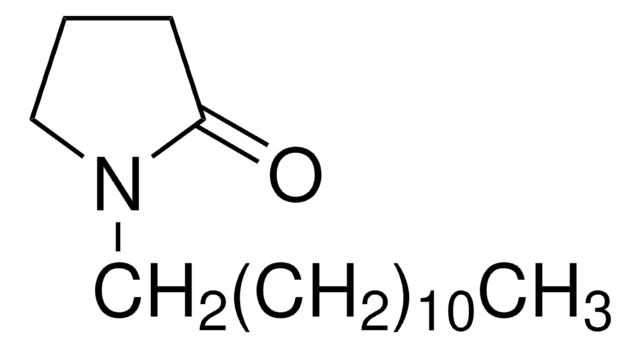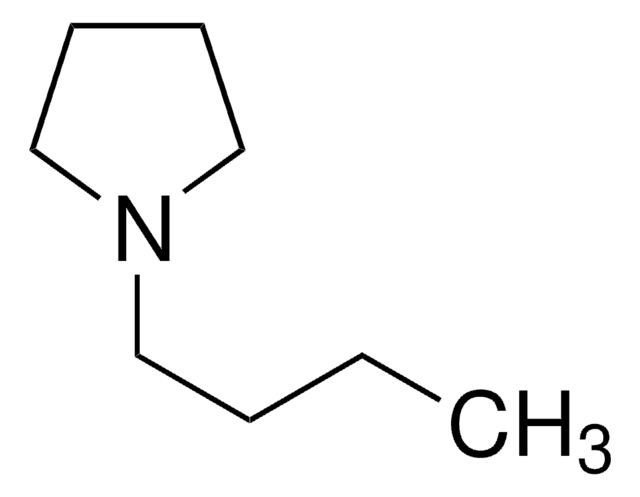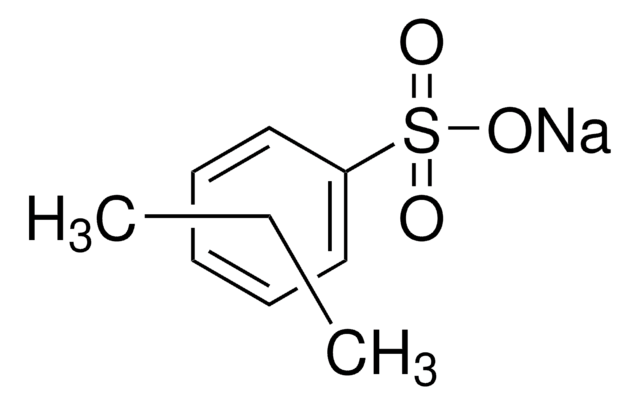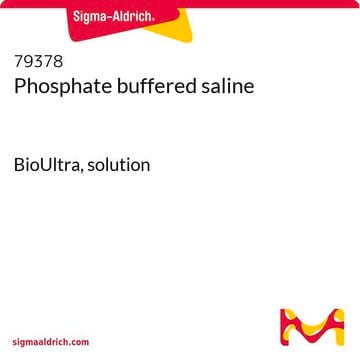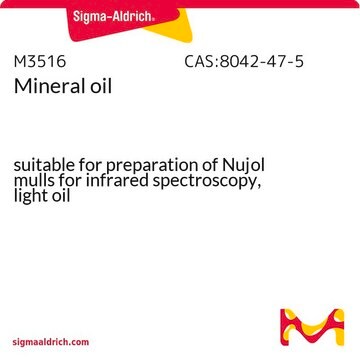332186
1-Octyl-2-pyrrolidone
98%
Synonym(s):
1-Octyl-2-pyrrolidinone, N-Octyl-2-pyrrolidinone, N-Octyl-2-pyrrolidone, N-Octylbutyrolactam, N-Octylpyrrolidinone, N-Octylpyrrolidone, N-n-Octyl-α-pyrrolidone, N-n-Octyl-2-pyrrolidone
About This Item
Recommended Products
Assay
98%
form
liquid
refractive index
n20/D 1.465 (lit.)
bp
170-172 °C/15 mmHg (lit.)
mp
−25 °C (lit.)
density
0.92 g/mL at 25 °C (lit.)
SMILES string
CCCCCCCCN1CCCC1=O
InChI
1S/C12H23NO/c1-2-3-4-5-6-7-10-13-11-8-9-12(13)14/h2-11H2,1H3
InChI key
WPPOGHDFAVQKLN-UHFFFAOYSA-N
Looking for similar products? Visit Product Comparison Guide
Related Categories
General description
Signal Word
Danger
Hazard Statements
Precautionary Statements
Hazard Classifications
Aquatic Chronic 2 - Skin Corr. 1B
Storage Class Code
8A - Combustible corrosive hazardous materials
WGK
WGK 2
Flash Point(F)
287.6 °F - closed cup
Flash Point(C)
142 °C - closed cup
Personal Protective Equipment
Certificates of Analysis (COA)
Search for Certificates of Analysis (COA) by entering the products Lot/Batch Number. Lot and Batch Numbers can be found on a product’s label following the words ‘Lot’ or ‘Batch’.
Already Own This Product?
Find documentation for the products that you have recently purchased in the Document Library.
Customers Also Viewed
Our team of scientists has experience in all areas of research including Life Science, Material Science, Chemical Synthesis, Chromatography, Analytical and many others.
Contact Technical Service


